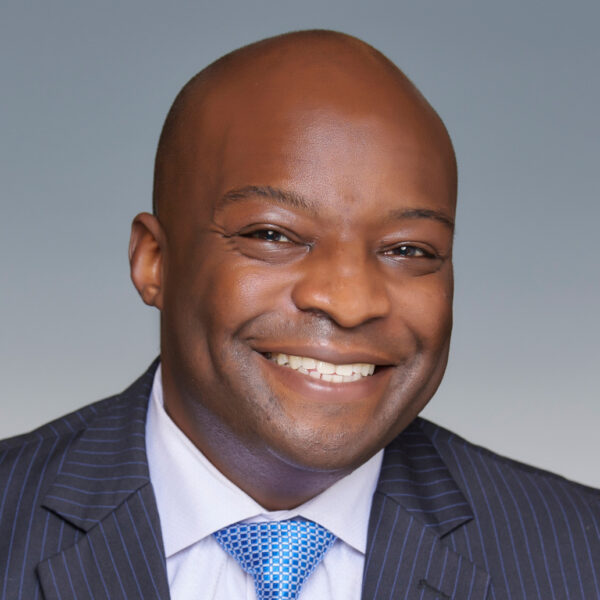Interview with our Advisory Board Member Cordell Carter on inclusive practices

We sat down with our Advisory Board Member Cordell Carter and asked him for recommendations how inclusive boards can transform society and what needs to happen to achieve this.
How do you create space for others to live and lead inclusively?
I believe the goal of DEI is to create organizations where everyone benefits, belongs, and thrives. Leading in an inclusive manner becomes a strategy to achieve the goal. It’s about one’s intention.
What is your recommendation for a truly inclusive board?
An inclusive board reflects customers, employees and society. We live in pluralistic, multi-ethnic societies and our governance bodies (this includes boards) must be a mirror of the world that we want rather than a reflection of current power structures.
What does it mean to embrace inclusion?
Getting past the performative (public statements) to the normative (behavioral change) is how one demonstrates an embrace of inclusion.
How can inclusive boards support positive systemic change?
Inclusive boards should add DEI&B to their CEO’s performance review process. What gets measured gets done.
What role do allies play in achieving inclusion?
Inclusion is the interests of everyone in society so we should all be allies that leverage our spheres of influence for the greater good.
What about bias? How do you overcome both conscious and unconscious bias to achieve full inclusion?
I often think of the Amy Cooper incident that happened on the same day as George Floyd’s murder…she knew the power of implicit bias by stating as much as a threat to a person that called out her inconsiderate behavior. There are a myriad of ways to handle bias in public places…but Amy Cooper hired, managed and determined the career ascension of dozens of people in the finance industry. The question I cannot get out of my head is whether her bias ever figured into her leadership at work? If it did, were her peers brave enough to call her out like Chris Cooper did in Central Park? Or was bias so embedded into her employer’s people management practices that it was considered normal? It’s incumbent upon us all to call out bias when and wherever we see it.
How will inclusion transform results of the board?
It has been proven that more diverse organizations perform better than their peers. The same must be true of boards as their perspectives, networks and questions bring more to the table.